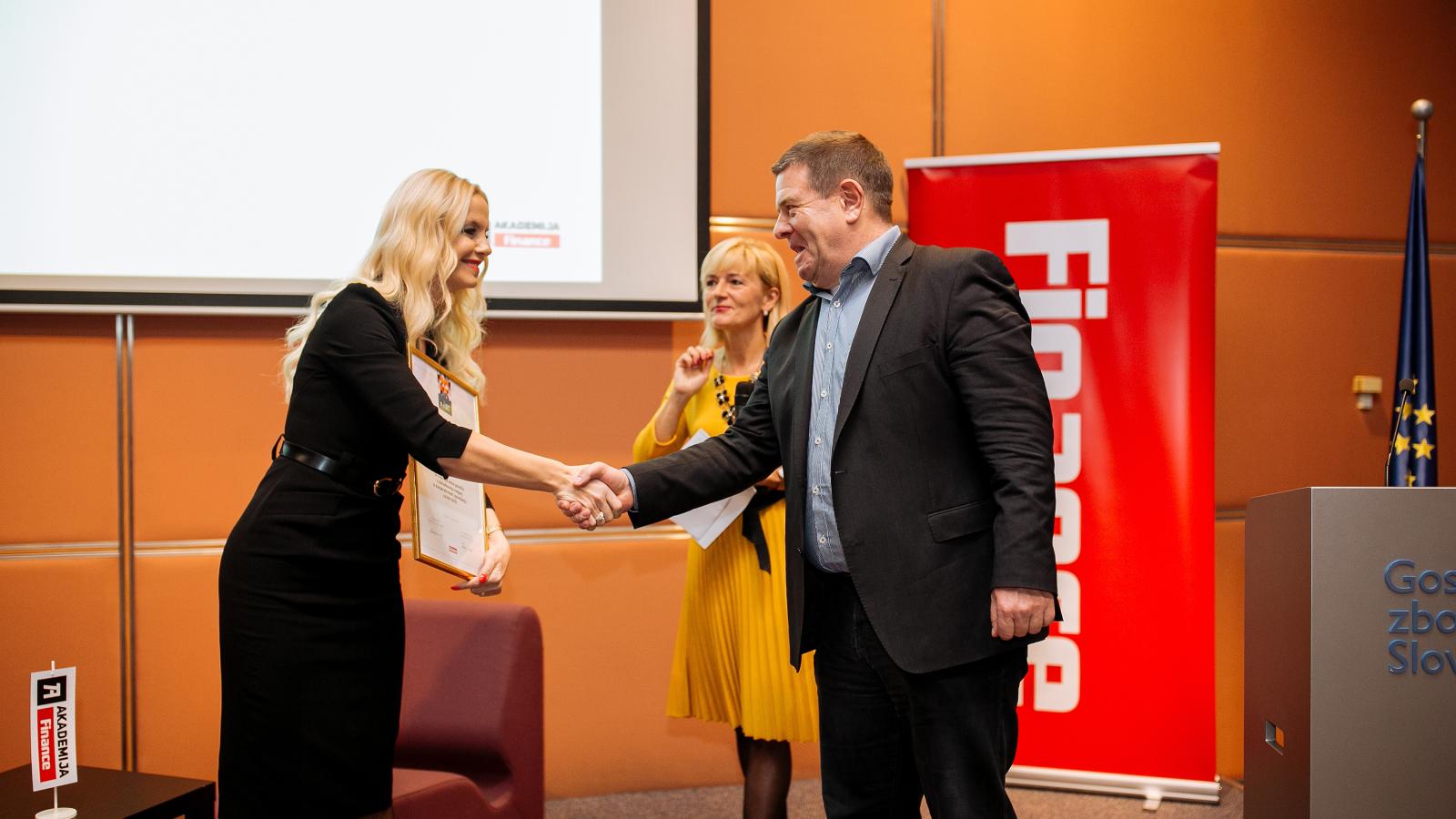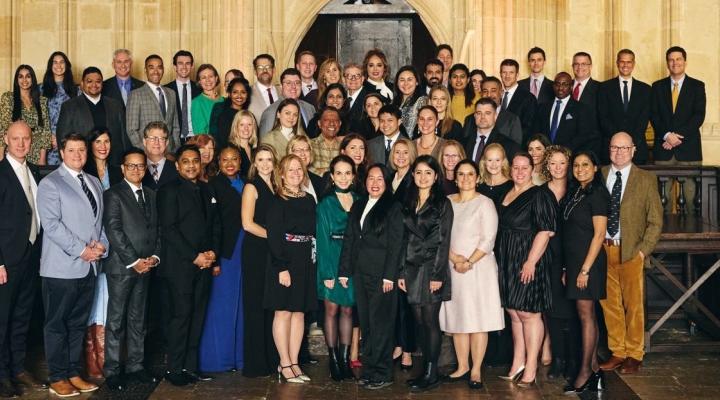An unexpected challenge
When I signed up for the Oxford Corporate Affairs Academy Programme, I hoped to get answers to many questions and dilemmas. In my role as CCO at the Transmission System Operator of the Republic of Slovenia, I knew we'd have to face challenges like never before in the energy industry. We were previously informing citizens and other relevant stakeholders about upcoming crises on a daily level and shed light on the circumstances affecting current developments in the world and regional energy market.
In 2022 however, we were hit by an energy crisis the likes of which we have never experienced before. The energy industry was marked by strong fluctuations in the prices of energy products, which were the result of several factors: Russia's invasion of Ukraine, which, by reducing gas supplies, triggered a high energy price in the entire European area, which is heavily dependent on the import of this fossil energy product, to the simultaneous confrontation with long-term drought and the resulting low production of hydropower plants.
I felt that people would need more, not just calming words and orchestrating the situation in the best possible way. Our category, providing electricity 24/7, is a surviving category that raises essential questions daily. There are no possibilities for technical, operational, and communication improvisations.
Seeking answers
Thankfully, I found all the answers to the questions within the programme and from the lecturers, Professor Stewart Prosser and Rupert Younger are experienced and skilled and taught us about developing strategies to minimize risk and build trustworthy relationships with stakeholder groups. Their orientations helped me enhance my influence at board level and in the media by gaining a more holistic understanding of the demands of various stakeholders.
What I liked the most during studying is how personal, institutional, corporate, and national reputations matter in visceral terms. And how reputations are created, rebuilt, destroyed, or sustained, and how leaders in business, politics, or the military use reputation to achieve their goals. I've learned how criminals and celebrities use their reputations to their advantage and how reputations precede and follow us. And that in the commercial world, reputation is everything, 80% of the value on the stock market.
Companies with top reputations hire and retain the best employees, charge more, achieve better profit margins, and benefit from higher share ratings. Reputation is, after all, the most considerable risk faced by companies.
The rewards of learning
Within a few months, I implemented my learnings of critical structures and bases for corporate affairs into the company's system. My in-depth understanding of reputation dynamics and their implications raised not only communication standards but also operational and innovative business performance. I've developed a functional, optimized, integrated approach to reputation based on a more explicit understanding of our strategic direction as an organisation concerning our reputation strategy.
Since my time on the programme, the measured reputation of the Transmission System Operator of the Republic of Slovenia, performed in higher results, proving that reputation is an irreplaceable asset through which the organisation can achieve most of its strategic objectives.
Another benefit has been joining the Oxford Business Alumni Network, as it has enabled me to collaborate with the best-educated professionals in the world and reach out to them at any time. Our conversations are always more extended than planned, and we all agree that we have established valuable friendships that last a lifetime.
The Corporate Affairs Academy was honestly the best educational experience I've ever had, and I encourage anyone in a similar role to join the programme.




